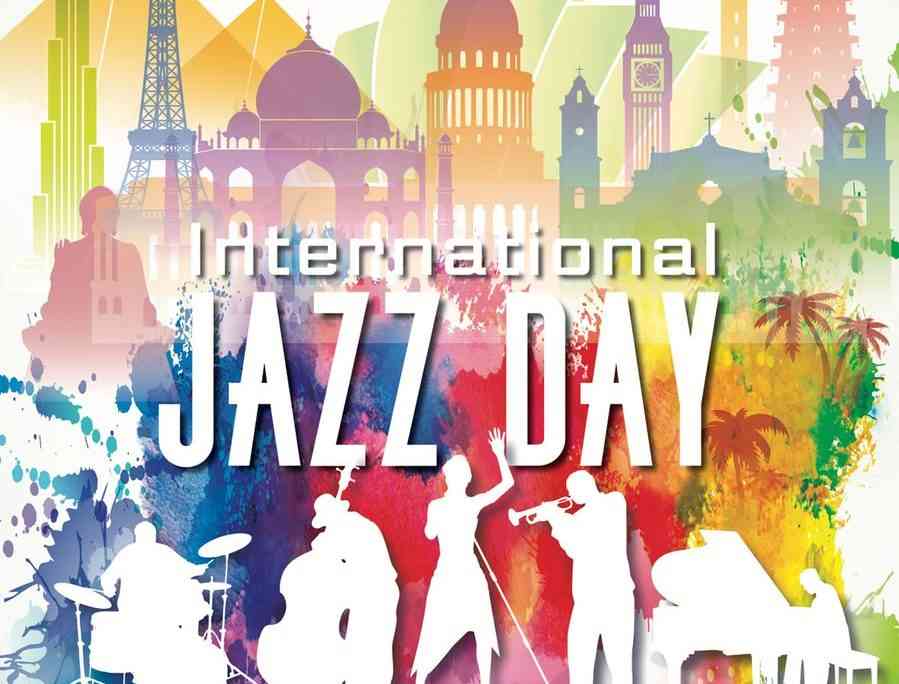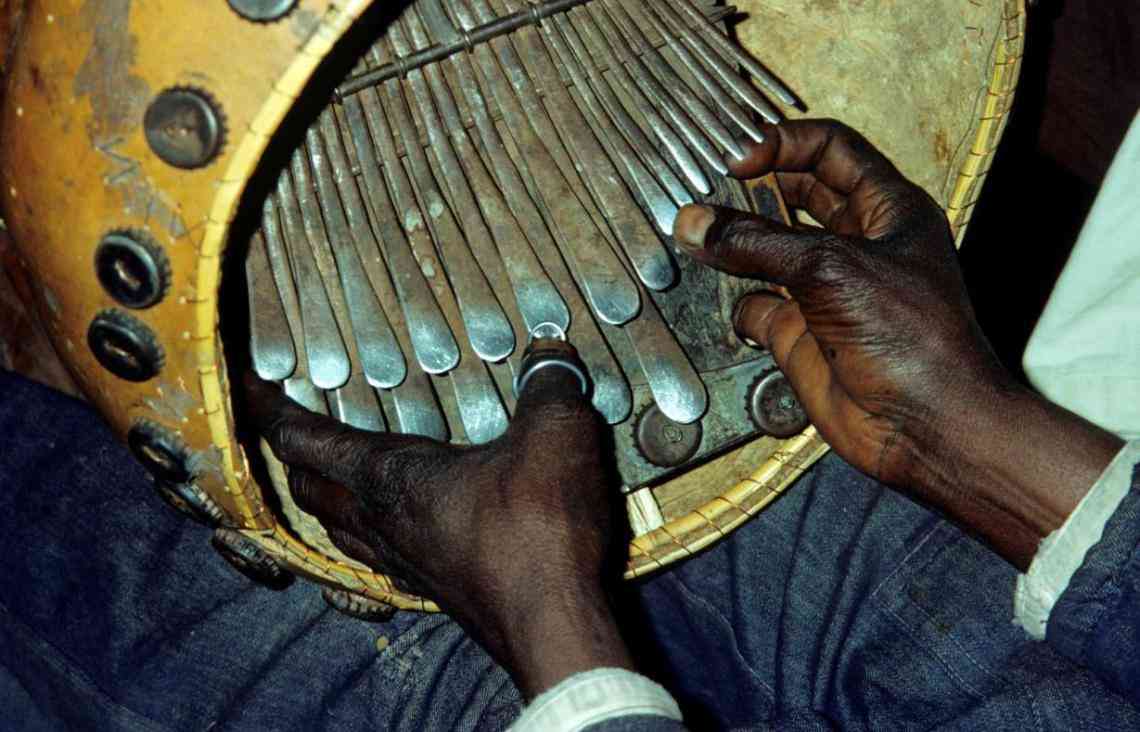
SOUNDTRACK:Winstone Antonio
WHILE acknowledging that piracy has continued to cause a lot of suffering to musicians who are routinely ripped off as their music is mass-reproduced and sold for a song on the streets, innovative musicians have found creative ways of circumventing the problem.
Musicians including Fungisai Zvakavapano-Mashavave (pictured), Olivia Charamba, Kudzi Nyakudya and Vabati VaJehovha have stormed the streets — not to confront the pirates but to interact with their fans while selling their music at affordable prices.
This might be a good move that can be considered as a form of adoption of a business approach to ensure a sustainable career after many artistes have abandoned legal music distributors amid allegations of under the counter sales for their personal gain.
Although traditionally musicians have used official record companies to sell and distribute their music, while they are paid royalties, the digital age has seen their music illegally reproduced and sold behind their backs on the streets.
Concerns have been raised and despite the fact that the law prohibits such illegal reproductions and sales, no action has been taken against the pirates who continue to flood the streets.
As they take to the streets the musicians risk getting arrested as touts. They have, however, defied the laws and stormed the streets on several occasions. Just like the illegal music downloads, that put an end to the royalty payment that artistes must get, piracy has continued to cripple potential talents.
Such an initiative shows how life has not been that rosy for many of the local musicians as a result of piracy which relevant authorities appear to have failed to deal with.
- Chamisa under fire over US$120K donation
- Mavhunga puts DeMbare into Chibuku quarterfinals
- Pension funds bet on Cabora Bassa oilfields
- Councils defy govt fire tender directive
Keep Reading
Yes, by adopting this method of distributing their products, artistes are able to meet and interact with the fans who are their paymasters. Also selling their merchandise direct to the fans can be another source of income apart from live performances.
It is disheartening to note that the bulk of artistes may fail to sell their music because they want to maintain that celebrity status.
A lot of artistes are wallowing in abject poverty and some die as paupers despite having made great music that they could have largely benefited from if they had decided to take piracy head on.
While engagements for live performances for some artistes appear to be dwindling owing to the very volatile economic environment, taking their music direct to the people might yield positive results instead of allowing pirates to make a killing out of their works.
It is high time the artistes embrace technology as the internet has opened up new avenues for them to market and sell their content to a wider global audience. They must monetise the digital space through platforms such as YouTube, iTunes, Deezer and Spotify that are being used to distribute music and videos online internationally.











